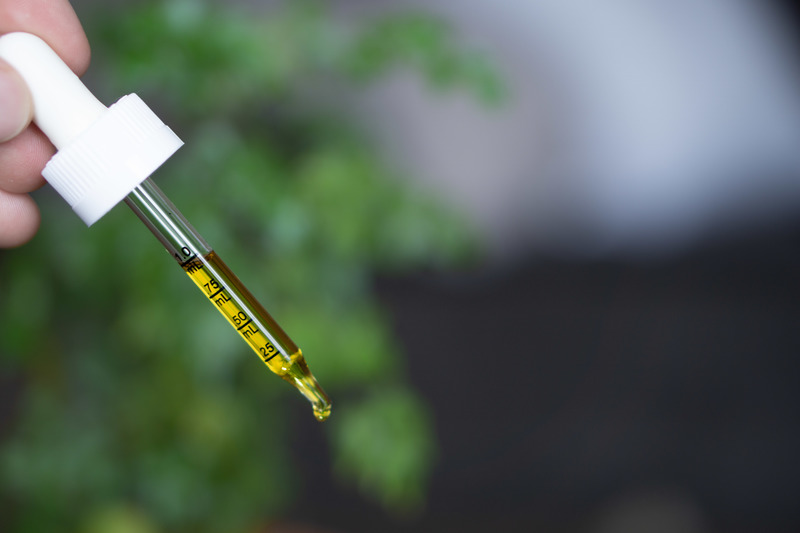5 Ways to Promote Muscle Restoration
1.86K
0
·
2020/05/18
·
4 mins read
☕
WriterShelf™ is a unique multiple pen name blogging and forum platform. Protect relationships and your privacy. Take your writing in new directions. ** Join WriterShelf**
WriterShelf™ is an open writing platform. The views, information and opinions in this article are those of the author.
Article info
Categories:
⟩
⟩
Tags:
Date:
Published: 2020/05/18 - Updated: 2020/05/28
Total: 826 words
Like
or Dislike
More from this author
More to explore











Source
It’s commonly believed that the key to reaching your fitness goals is training as hard as possible; but while giving your all is important, it’s only half of the equation for workout success. Recovery or muscle restoration is the other (less-acknowledged) element in achieving ultimate performance.
Importance of Muscle Restoration
Increasing Strength
To improve in any sport or area of fitness, you inherently need to expose your body to stress. Training activities such as weightlifting, sprinting, and HIIT, all produce microscopic tears in your muscle tissues. When you allow your muscles to rest, cells called fibroblasts work to repair them. “And when your body’s tissues — from your muscles and bones to heart and lungs — recover, they become slightly fitter than they were before,” explains Adam Rivadeneyra, MD, a sports medicine physician with the Hoag Orthopedic Institute and the Orthopaedic Specialty Institute in California. In short, when you allow for muscle restoration, you also allow for your strength to increase.
Reduce Muscle Fatigue
Carbohydrates in the form of glycogen are stored within your muscles. When you workout, your body breaks down these deposits to provide you with energy. Not only does this help revitalize your energy sources, but it also helps prevent muscle fatigue and soreness. As Melisa Leber, MD, an orthopedic surgeon at Mount Sinai Hospital in New York City, puts it, “Rest helps reenergize the body, so you have the stamina to give it your all during your next workout.”
Decrease Chance of Injury
Intentional recovery is vital for remaining safe during training. When your muscles are overworked, you are more likely to cause excess strain, which contributes to injury. Overworking typically leads to injuries such as stress fractures, runner’s knee, and muscle strains. Even worse, research from Sports Health indicates that insufficient recovery can lead to reduced immune function, neurological changes, hormonal disturbances, and even depression. Adequate recovery ensures you to bypass all of these risks.
Ways to Improve Recovery
Muscle restoration is critical to any successful training regime. While each individual’s actual routine varies, here are some practices to help boost your recovery:
1. Hydrate
If you are dehydrated before a workout, your electrolyte levels are disrupted, leading to decreased strength and even dehydration. Research has also shown that consuming a proper amount of water can help increase your endurance and tolerance to pain. Drinking water can restore this hydration, energizing your muscles before, during, and after your workout. Not only does water improve overall performance, but it also flushes out toxins released during exercises. So, drink up!
2. Eat protein before and after your workout
Protein serves as the foundation of muscle tissue. Protein helps to repair micro-tears caused by exercise stress. Additionally, it promotes the production of proteins involved in energy production while supporting the revitalization of reduced energy deposits. It’s suggested that endurance athletes intake 1.2 to 1.4 g per kilogram of body weight, and resistance and strength-training athletes ingest 1.6 to 1.7 per kilogram of body weight per day. Typically, athletes can reach these recommended daily levels with mindful dietary choices.
3. Get enough sleep
When you are sleeping, your body produces muscle-building hormones, one of the most important being human growth hormone (HGH). During sleep, blood also flows to your muscles more abundantly, which supports tissue growth and repair. Relaxation allows the muscles to release stored tension. This muscle restoration occurs exclusively during sleep. Therefore, you must get a consistent seven to nine hours of sleep per night to achieve full recovery.
4. Consider incorporating magnesium
During exercise, the body naturally loses electrolytes and trace minerals. One of these minerals is magnesium, and with a lack of magnesium, muscles remain in a state of contraction. Many Americans are deficient in this mineral; however, it is quite vital as it relieves muscle soreness and aches after a strenuous workout. You can get magnesium in many ways: through foods such as bananas and leafy greens, oral supplements, salt baths, and even IV therapy.
5. Incorporate active recovery
During active recovery, you engage in low-intensity, low-impact exercises. These activities increase blood flow and tissue repair, without adding stress to already-worked muscles. Nicole Belkin, MD, an orthopedic surgeon at NewYork Presbyterian/ Columbia University, suggests, “If you’re feeling fatigued from strength training, engage in a lower intensity cardiovascular bike ride or walk, which enables your body to circulate waste products caused by the rigorous activity.” You can also do a gentle yoga class, go for an easy hike, or even do a tai chi class. Anything that allows you to move your body without tiring you out.
Your Recovery Routine
Recovery is imperative for any athlete to increase their workout performance. While everyone’s recovery needs are unique, one thing remains true for all: the harder you train, the greater your need for planned recovery. Through staying in touch with your body, you can begin to understand what muscle restoration habits benefit you most.
This article was originally published at iveeapp.com.